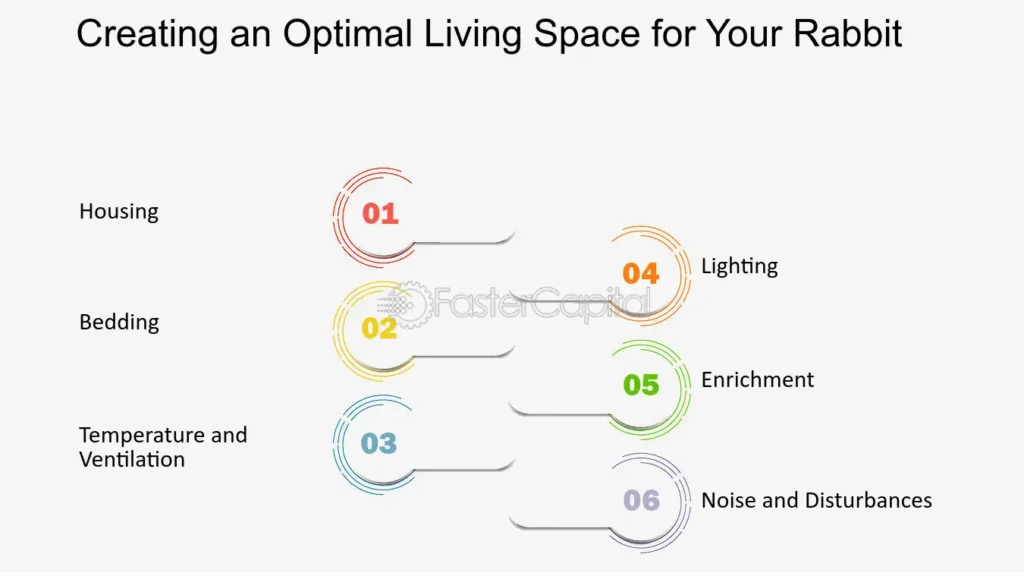Essential Resources for New Students in the USA
Building Your Braintrust: Essential Resources for New Students in the USA
College is a whirlwind of experiences. From exhilarating academic exploration to navigating unfamiliar social settings, it can be overwhelming. But fear not, new students! You don’t have to go it alone. Universities are treasure troves of resources designed to support your academic journey, career aspirations, and overall well-being. This blog will equip you with the knowledge to build your own “braintrust” – a network of experts and peers who will empower you to thrive.
Unveiling the University’s Resource Arsenal
Your university is brimming with resources waiting to be tapped. Let’s delve into some key support systems you should be familiar with:
- Academic Advisors: These are your academic compass. They guide you in course selection, major exploration, and creating a roadmap for graduation. Schedule regular meetings to discuss your academic goals, explore different majors and minors, and ensure you’re on track.
- Career Counseling Centers: Don’t wait until senior year to start thinking about careers! Career counselors can help you identify your strengths and interests, explore potential career paths, and prepare for job applications and interviews. Take advantage of career fairs, resume workshops, and mock interviews offered by these centers.
- Tutoring Services: Whether you’re struggling with a specific concept or just want to solidify your understanding, tutoring services can be a lifesaver. Most universities offer free or low-cost tutoring in a variety of subjects. Don’t be afraid to seek additional help – it’s a sign of proactive learning!

Finding Your Support System: Professors, Teaching Assistants, and Student Mentors
Beyond these general resources, a strong support system can provide invaluable guidance and a sense of belonging. Let’s explore some key players in building your personalized braintrust:
- Professors: Beyond delivering lectures, professors are there to support your academic development. Don’t hesitate to attend office hours. Professors can clarify concepts, offer insights into specific topics, and provide valuable feedback on assignments.
- Teaching Assistants (TAs): Many courses have TAs who are usually graduate students well-versed in the subject matter. TAs hold office hours and can offer more individualized attention, clarify confusing points, and provide practice problems.
- Student Mentors: Upperclassmen who have navigated the same path you’re on can be incredible mentors. They can offer practical advice on managing course loads, surviving deadlines, and navigating campus life. Many universities have student mentor programs, or you can connect with upperclassmen in your major or residence hall.
Prioritizing Your Wellbeing: Mental Health Resources on Campus
College isn’t just about academics. Your mental and emotional well-being are crucial for success. Fortunately, most universities offer mental health resources readily available to students:
- Counseling Centers: These centers provide confidential counseling for stress, anxiety, depression, and other mental health concerns. Therapists at these centers can help you develop coping mechanisms, establish healthy habits, and navigate challenges.
- Mindfulness and Wellness Programs: Many universities offer workshops and programs on mindfulness, meditation, time management, and healthy living. These programs can equip you with tools to manage stress, improve sleep, and promote overall well-being.
Building Your Braintrust: A Step-by-Step Guide
Now that you’re familiar with the resources available, let’s breakdown how to leverage them and build your support network:
- Identify Your Needs: Take time to reflect on your needs as a student. Do you struggle with time management? Are you unsure about your career path? Knowing your specific needs will help you seek the right resources.
- Research Available Resources: Explore your university’s website or student handbook for information on academic advisors, career counseling centers, tutoring services, and mental health resources. Most universities have dedicated portals for student support services.
- Schedule Appointments: Don’t wait until you’re drowning to seek help! Schedule regular meetings with your academic advisor to discuss your academic progress. Visit tutoring centers early in the semester if you anticipate any challenges.
- Connect with Professors and TAs: Attend office hours regularly. Come prepared with specific questions or areas where you need clarification. Building rapport with professors and TAs can lead to valuable mentorship.
- Seek Out Student Mentors: Look for student mentor programs offered by your university or department. If no official program exists, reach out to upperclassmen in your major or residence hall.
- Utilize Mental Health Resources: Prioritize your well-being! Don’t hesitate to utilize campus counseling centers or mental health workshops. Remember.

Building Your Braintrust: Essential Resources for New Students in the USA
Maximizing the Benefits of Your Braintrust
Now that you’ve identified the resources available and started building your braintrust, here’s how to get the most out of these relationships:
- Be Prepared: When meeting with advisors, professors, or TAs, come with specific questions or topics you want to discuss. Prepare talking points beforehand to ensure a productive conversation.
- Be Proactive: Don’t wait for problems to arise before seeking help. Schedule regular meetings with advisors, attend office hours early in the semester, and utilize tutoring services before you fall behind.
- Be Open-Minded: Approach your interactions with an open mind. Be willing to explore different perspectives and incorporate the advice you receive into your academic journey.
- Develop Relationships: Building a connection with mentors is key. Show genuine interest in their experiences and expertise. Maintain communication beyond specific questions – update them on your progress and express your gratitude for their support.
Beyond the Basics: Exploring Additional Resources
While academic advisors, career counselors, and mental health services are essential pillars of your braintrust, universities offer a wealth of additional resources:
- Writing Centers: Struggling with essay writing? Universities often have writing centers staffed by trained professionals who can help you develop your writing skills, refine your arguments, and provide feedback on your drafts.
- Learning Centers: These centers offer support beyond subject-specific tutoring. They can provide assistance with study skills, time management strategies, and effective note-taking techniques.
- Disability Services: If you have a documented disability, universities have disability services offices to provide accommodations and ensure an equal opportunity for academic success. These services may include extended time for exams, note-taking assistance, or specialized software.
- Student Organizations: Getting involved in student organizations can be an enriching way to connect with like-minded individuals, explore your interests, and develop leadership skills. Universities offer a multitude of organizations catering to academic, cultural, social, and professional interests.
Building a Culturally Inclusive Braintrust
Universities are diverse environments. To build a well-rounded support system, consider these tips:
- Seek Out Diverse Mentors: Reach out to professors, mentors, or advisors from different backgrounds. Their perspectives can broaden your understanding and offer valuable insights.
- Connect with Cultural Organizations: Student organizations focused on cultural identity can provide a sense of belonging, connect you with individuals who share your heritage, and offer support in navigating academic and social life.
- Embrace International Student Resources: Many universities offer dedicated resources for international students. These resources may include language assistance, cultural workshops, and support groups specifically designed to address the challenges faced by international students adjusting to a new environment.
Conclusion: Building a Braintrust for Lifelong Success
College is a springboard for a successful future. By building a strong braintrust of advisors, mentors, and peer support systems, you’ll be well-equipped to navigate academic challenges, explore career options, and prioritize your mental well-being. Remember, your braintrust isn’t static – continue to seek guidance throughout your academic journey and beyond. The knowledge and connections you build will empower you to thrive in college and set you on the path for lifelong success.
Bonus Tip:
Technology can be a powerful tool for connecting with resources and building your braintrust. Many universities offer online portals where you can schedule appointments, access course materials, and connect with professors and other students. Utilize these tools to stay organized and connected to your support network.
This comprehensive blog equips you with the knowledge and strategies to build a robust braintrust for a fulfilling and successful college experience. Remember, you’re not alone! With the right support system and a proactive approach, you’ll be well on your way to achieving your academic goals and thriving in the exciting world of higher education.